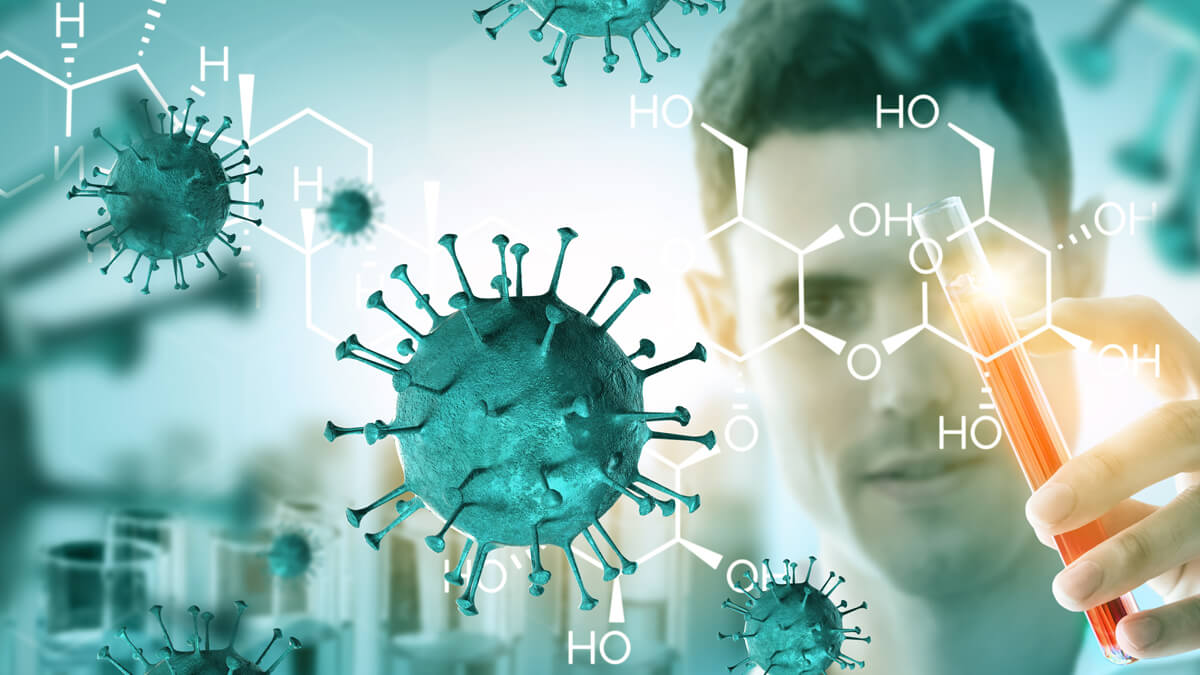Researchers at the Medical University of South Carolina and South Carolinians are stepping up in the fight against COVID-19. In September, the hospital launched clinical trials to investigate the success of repurposing three common drugs to fight the virus.
Within months, MUSC had 759 participants, which made it the second highest recruiting site in the national study – topped only by the Duke Clinical Research Institute in North Carolina, according to Dr. Leslie Lenert, the principal investigator for MUSC and the director of the university’s Biomedical Informatic Center.
Dr. Rami Zebian, chief medical officer of MUSC Health-Florence Division, serves as clinical co-investigator for the Florence and Marion hospitals.
“We would love to have a couple thousand participants,” Dr. Lenert said. “If people are stuck at home with COVID, they can use that time to help many other people. They can help science clear up a lot of misinformation and misuse of these drugs. It’s like resetting the karma wheel.”
To be eligible for the study, participants must:
- Be older than 30;
- Have had a positive COVID-19 test within the past 10 days;
- Be experiencing at least two of the following symptoms: feeling tired, trouble breathing, fever, cough, upset stomach, vomiting, diarrhea, body aches or chills, headache, sore throat, stuffy nose or new loss of taste or smell.
Known as ACTIV-6, the clinical trial is divided into three study areas, each linked to one of three drugs: fluticasone, a corticosteroid delivered by inhaler that is often used for asthma or chronic obstructive pulmonary disease; fluvoxamine, an antidepressant in pill form; and ivermectin, a drug used to treat parasitic infections.
Participants have the option to choose which study area they would like to be a part of; then they are randomly assigned to receive either the study drug or a placebo.
The trial is conveniently remote, Dr. Lenert explained.
Once a person is accepted into the trial, the central pharmacies mail the study drug and a pulse oximeter to the participant – who takes the study medication as directed, fills out daily surveys online and responds to phone call questionnaires on days 14 and 28.
To date, publicity, word of mouth and people’s urgency to be a part of the effort to stop COVID have pushed the number of participants up, Dr. Lenert said.
The research team’s thank you gesture to participants – a $100 Amazon gift card – helps as well.
Dr. Lenert and his team find comfort in knowing that the trial results will clear up some of the misinformation about the three drugs, some of which are being repurposed at toxic levels.
“We are looking at the efficacy of approved drugs, proven to be safe at a specific dose,” he added. “I caution people who are repurposing drugs far beyond approved dosages.”
MUSC’s clinical trial is part of a larger public-private partnership that is investigating COVID-19 treatments from a variety of angles, including immune modulators, monoclonal antibodies, anticoagulants, inpatient treatments and repurposed drugs for outpatient treatment, according to the National Institutes of Health.
ACTIV-6 is led by the Duke Clinical Research Institute in North Carolina and covers several states.
“A COVID variant in one part of the world means it’s everywhere,” Dr. Lenert said. “We can’t keep it in the bottle. This is one planet, and we are one species. We have to start thinking like that.”
Anyone interested in participating in the ACTIV-6 study can call 843-792-4675 or visit activ6study.org.
By Lisa Moody Breslin
